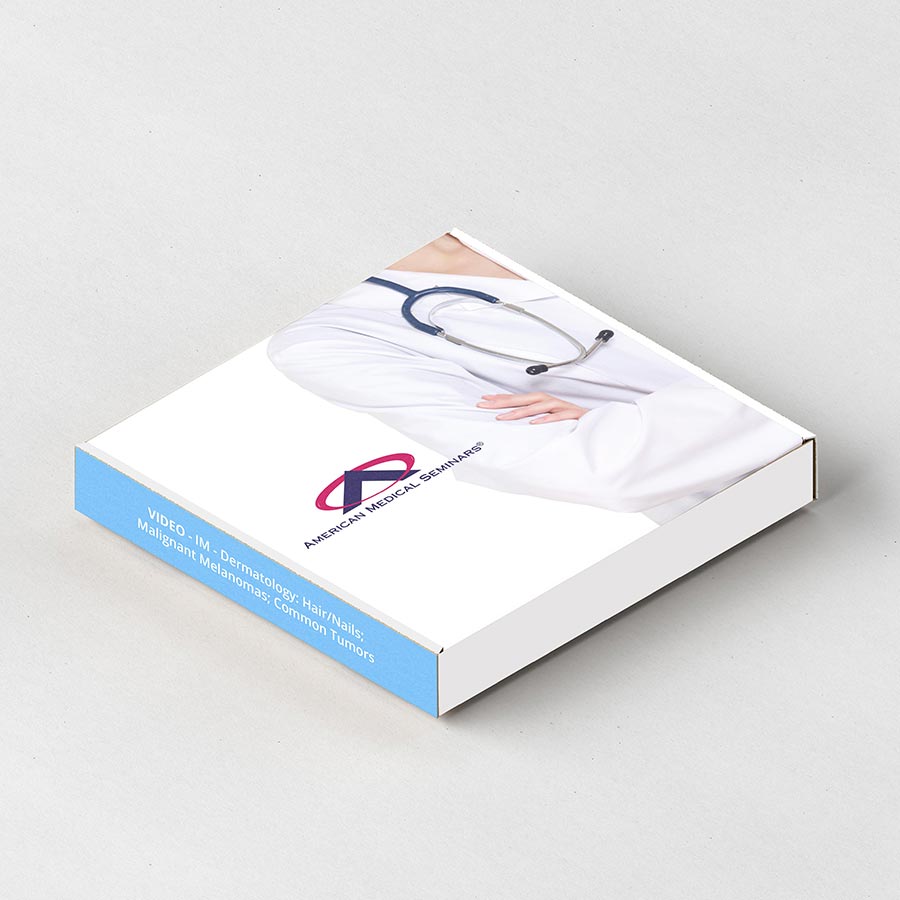Product Description
Title: Internal Medicine – Common Issues: Analgesic Conundrums; Chronic Pain; Migraine Headache
Faculty: William T. Ayoub, M.D., F.A.C.P., F.A.C.R.; John W. Pendleton, M.D., F.A.C.P., F.A.C.R.; Herbert L. Muncie, Jr., M.D.
Original Release Date: July 1, 2018 Expiration Date: July 1, 2021
TOPIC 1:
Analgesic Conundrums: Pain Treatment in Rheumatic Diseases
Upon completion of this session, the participant should be able to: GL, COMP
- Recognize the various non-pharmacologic techniques to relieve pain.
- Identify the relative benefits and risks of non-opioid analgesics for Rheumatic conditions as noted by the American College of Rheumatology Recommendations.
- Describe the relative benefits and risks of opioid analgesics for Rheumatic conditions.
TOPIC 2:
Treatment of Chronic Pain in the Elderly.
Upon completion of this session, the participant should be able to: EBM, GL, COMP
- Relate the adverse effects of NSAIDs in the elderly and prescribe them in accordance with the American College of Rheumatology guidelines.
- Recognize the risk factors associated with an increased risk of accidental overdose from opiates.
- Specify the ADRs associated with opiate use in the elderly.
- Develop an evidence based treatment plan for a patient with neuropathic pain.
TOPIC 3:
Migraine Headaches – Update on Diagnosis and Treatment.
Upon completion of this session, using the International Headache Society and U.S. Headache Consortium Guidelines and the National Guideline Clearinghouse and the evidence-based reports from Clinical Evidence, the participant should be able to: EBM, GL, COMP
- Construct the approach for evaluating a patient with possible migraine headaches.
- Assess the advantages of supportive therapy and lifestyle changes in treating migraine headaches compared to pharmacologic therapy.
- Appraise the pharmacologic options for treating the acute pain of a migraine headache.
- Recommend a prophylactic therapy regimen for patients with recurrent migraine headaches.
- The receipt for any incentive-associated purchase will designate the value of the gift card separately from the cost of the learning activity.
- This incentive may have implications on your tax reporting obligations. Any reimbursed amount must be declared as personal income for tax purposes.


